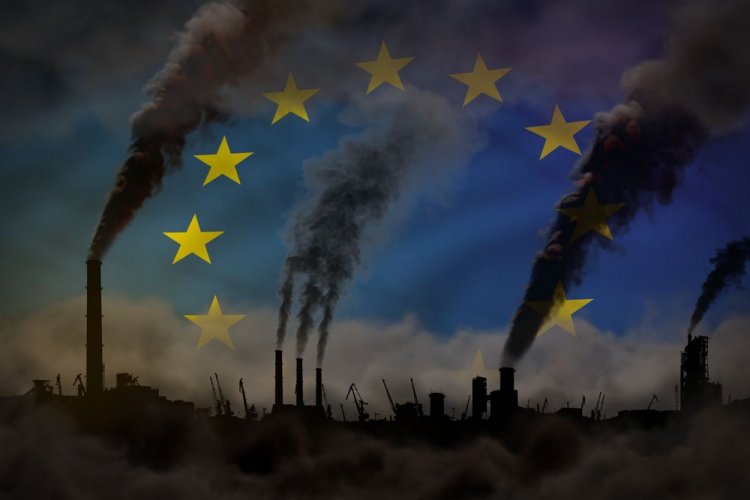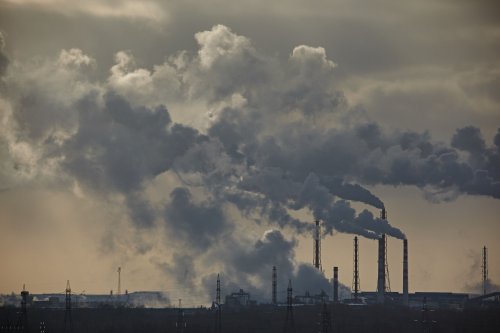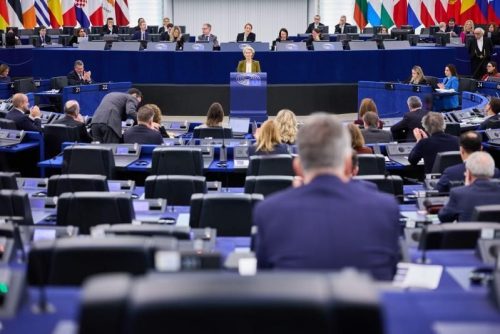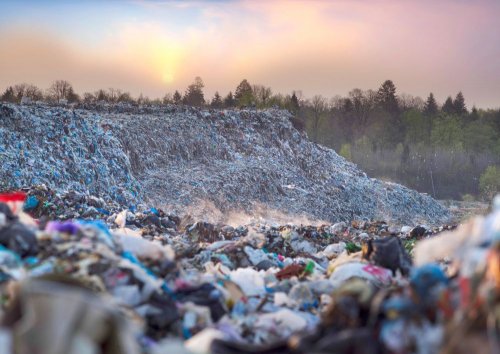The Institute for European Environmental Policy (IEEP) has conducted a survey of 312 European sustainability experts who analyzed the progress of EU environmental policy. According to most of them, the results of the June EU elections will jeopardize the implementation of the European Green Deal (Green Deal).
These data are contained in the Green Deal Barometer report by the IER.
Experts are also looking forward to the EU elections in June, with the majority of experts (67%) tending to think that the election results will have a negative impact on the implementation of the Green Deal.
IEEE Executive Director Eero Iriö-Koskinen notes that the EU's climate policy is increasingly subject to political pressure.
"The last few months have shown (…) that this environmental and climate consciousness is beginning to erode, and that many of the compromises and agreements already reached are being questioned by industry, farmers and member states," he says.
Experts note that where there is a political consensus, Europe has made significant progress towards carbon neutrality – for example, in the energy sector.
Broader political circumstances played an important role here. Russia's invasion of Ukraine has allowed Europe to take a clear stance on the need to become independent of Russian gas through initiatives such as REPowerEU, which aim to promote the use of renewable energy sources.
About 74% of experts surveyed say that the EU's energy decarbonisation efforts are likely to help achieve the bloc's climate neutrality goal by 2050.
However, other sectors of the European Green Deal failed to gain sufficient political support. As examples, experts cite the regulation on the sustainable use of pesticides, which was eventually withdrawn, and the proposed law on nature restoration, which does not have sufficient support in the EU Council.
According to 62% of respondents, "insufficient commitment of the governments of the member countries" is one of the main obstacles to the transformation of the provisions of the Green Deal into approved legislation.
The alarming trends mentioned by the IEEP in its report coincide with the data of the monitoring report from the European Environment Agency (EEA) published last December. In it, analysts analyzed the efforts of the European Union to fulfill its international obligations regarding climate and biodiversity, as established in the Paris Agreement of 2015 and the Montreal Agreement of 2022. As a result, they were forced to state that the European Union "is not on the way to achieving any of these goals".
In March, EcoPolitic reported that Europe is reducing costs for the green transition.
Later, in April, we reported that the European Parliament approved lowering the climate targets for farmers to ease the administrative burden on them.





